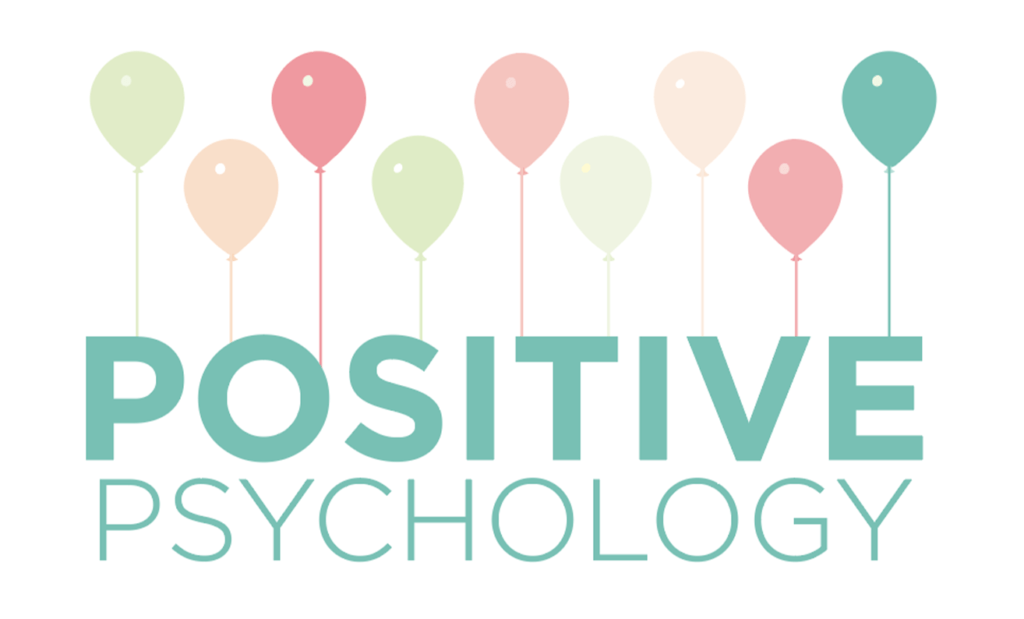Week 1 – Introduction & Course Overview
● Course purpose and boundaries of life coaching when trauma is present.
● Define trauma.
● The power of being trauma-aware as a coach — not a therapist.
● Discuss how trauma can influence mindset, behaviour, and relationships.
● Benchmark exercise: self-assess your awareness and comfort level around trauma
(scale 1 to 10).
Week 2 – Trauma and the Nervous System
● Overview of the brain in trauma: amygdala, prefrontal cortex, hippocampus.
● Fight, flight, freeze, and fawn responses.
● The window of tolerance — how we know when clients are inside or outside it.
● How dysregulation may show up subtly.
● Techniques to help bring the coach and client back to regulation.
Week 3 – Trauma Responses in Coaching Sessions
● Identifying trauma responses: shutdown, perfectionism, over-apologising, or emotional
flooding.
● How to stay calm and regulated as a coach.
● Understanding co-regulation: how your energy affects theirs.
● When to pause a session and why.
● Building client trust gently over time.
Week 4 – Boundaries & When to Refer
● Scope of practice: coach vs counsellor vs therapist.
● Clear red flags that require professional referral.
● How to have a respectful, non-shaming referral conversation.
● Legal and ethical considerations.
Week 5 – The Coach’s Own Story
● How the coach’s own past may affect the coaching relationship.
● Emotional residue and how to clear it.
● Importance of supervision, peer support or coaching for coaches.
● Journal activity: “What parts of my past might need care as I coach others?”
Week 6 – Psychological Safety in Coaching
● What makes a client feel emotionally safe?
● Creating a safe environment: onboarding, first session tone, follow-up.
● The power of language and voice tone.
● Avoiding questions that trigger or re-traumatise.
● Checklist: Safety-first coaching practices.
Week 7 – Trauma-Sensitive & Burn out
● Understanding the impact of certain words or phrases.
● Reframing without invalidating experience.
● Powerful questions that feel safe and empowering.
Week 8 – Integrating Trauma Awareness into Your Practice
● Recap of key themes and tools.
● Creating your own trauma-aware philosophy.
● What to include in your coaching agreement.
● Building a network of trusted referrals.
● Final reflection activity: How will you coach differently after this course?
















